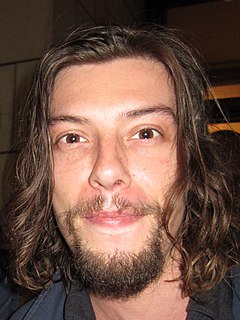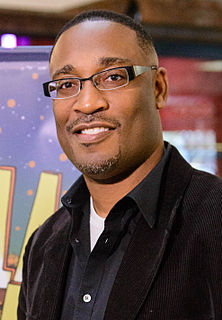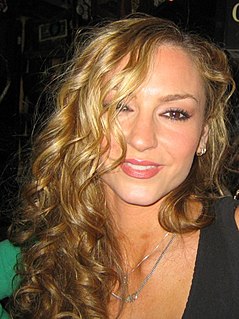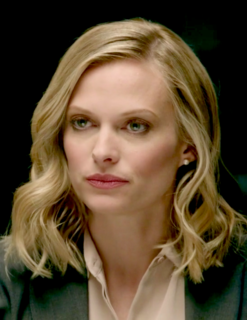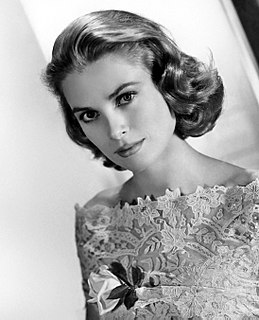A Quote by William Goldman
If all that's going on in your scenes is what's going on in your scenes, think about it a long time.
Related Quotes
Somebody comes to your house. You know they're coming, so it's not a surprise. And they give you an envelope that has your scenes in it. And they sit in the car outside for a half an hour while you read your scenes, then they ring your doorbell and you give your scenes back. Then you shoot the movie a few weeks later or something. The next time you see your scenes is the night before you start shooting. I never read the script [Blue Jasmine], so I didn't really know what it was about.
My writing's like a journey. I'll know some of the stops ahead of time, and I'll make some of those stops and some of them I won't. Some will be a moot point by the time I get there. You know every script will have four to six basic scenes that you're going to do. It's all the scenes where your characters really come from.
In the old days when I first was coming up, you would turn up on set in the morning with your coffee, script, and hangover and you would figure out what you were going to do with the day and how you were going to play the scenes. You would rehearse and then invite the crew in to watch the actors go through the scenes. The actors would go away to makeup and costume and the director and the DP would work out how they were going to cover what the actors had just done.


